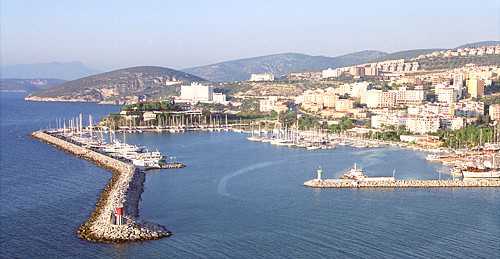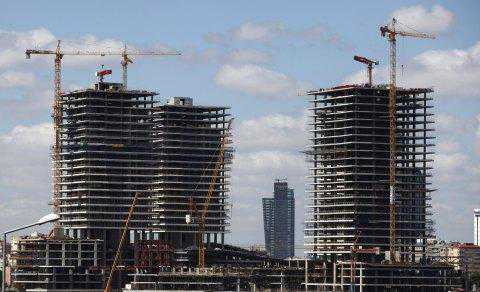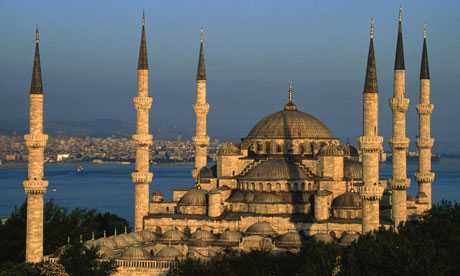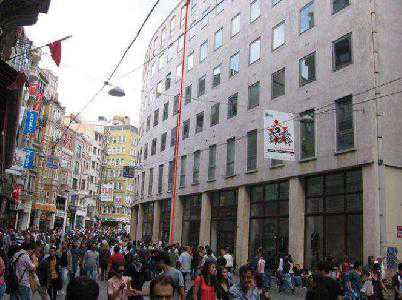(RTTNews) – The Turkish Parliament on Thursday passed a bill raising the limit from 2.5 to 30 hectares land that foreigners can buy in Turkey.

The new law, which was discussed and approved in the Parliament, amends title deed laws and changes the current reciprocity requirement, which dictates that citizens of 89 countries currently do not have the right to own property in Turkey because Turkish nationals are not entitled to own property in those countries. Among these countries are Russia, the Gulf States and the Turkic republics of Central Asia.
Under provisions of the new legislation, foreign buyers have to provide plans for the construction of a house on the land before they make the purchase. Foreign individuals and businesses will be required to submit their project proposals for the vacant lands to the Ministry of Environment & Urban Planning within two years. If the Ministry approves the project, it will be sent to the local land registry office, which will then monitor it.
Opposition parties put up a fierce resistance to the bill, criticizing the ruling Justice and Development Party (AK Party) for obeying orders coming from large businesses such as the construction sector. The final decision on the articles of the law will be made by the Cabinet, which will be able to determine which of the 89 countries will be added to the list of countries whose citizens are able to purchase property. The Cabinet will also be able to increase the 30-hectare limit on property purchase to 60 hectares as it deems acceptable.
Furthermore, the law allows for the purchase of up to ten percent of the total area of towns densely populated by foreigners. The Cabinet will be able to set limits and bans on the law depending on the country of origin and the number, type and qualifications of foreign businesses which have property in Turkey.
Only individuals and private businesses will be allowed to make land purchases, meaning entities such as public institutions, state-owned businesses and the like belonging to foreign countries will be barred from doing so, Turkish media reports said.
Planning Minister Erdogan Bayraktar defended the law, noting the importance of its contribution to the tourism sector and foreign investment. “The law will bring more investors, more tourists and more capital to the country,” he said.
by RTT Staff Writer
via Turkey Adopts Legislation Raising Extent Of Land Foreigners Can Buy.



